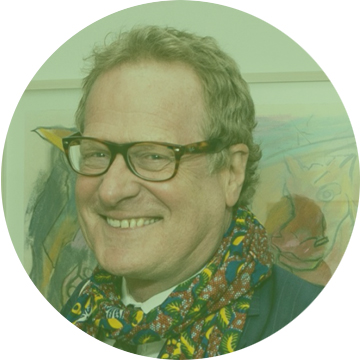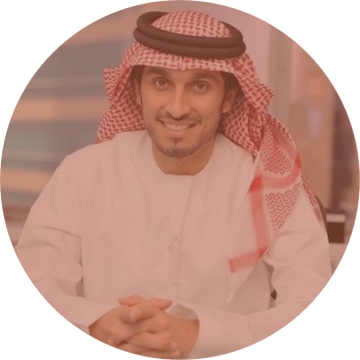Summit: ldn14
Length: 45:36
An exciting mix of creative professionals, technologists and entrepreneurs are driving the development of the world’s leading cultural capitals. The creative and cultural industries are one of the growth drivers of the economy and this trend is repeated across the globe. The dynamism, scale and diversity of leading world cities make them hubs for cultural activity but is the growth of a creative city largely organic or can we engineer it through tools such as policy and investment? How do we balance top down with community empowerment?
This panel explores the ingredients that make the leading cultural cities tick and looks at what can be done to foster and encourage further growth in terms of developing appropriate environments, networks and infrastructure. It also examines how the Cultural Sector can better interface with other creative clusters in New York such as the growing tech scene and other opportunities such as urban development projects.
This talk is included in the REMIX Free Archive
— access is FREE for registered users
Register now →
Already registered? Login




